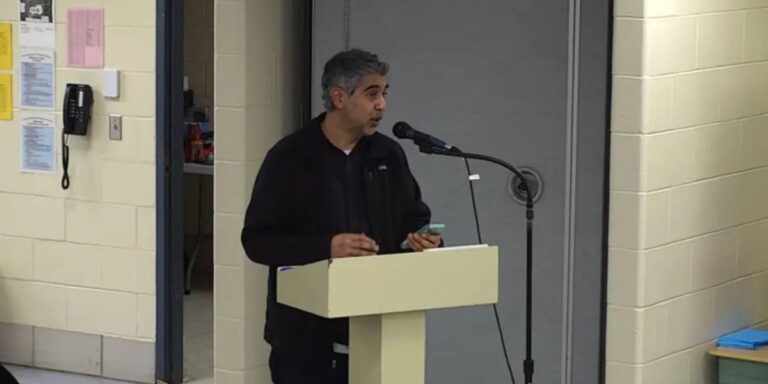Residents of South Carolina may soon be eligible for another tax break following the reduction of income taxes last year.
The state’s highest income tax rate is lowered by more than 2% under new legislation, with more reductions possible if specific income thresholds are reached.
The income tax rate in South Carolina is among the highest in the Southeast. The Commonwealth of Virginia and its neighboring states, Alabama, Georgia, and North Carolina, have lower rates.
Many South Carolinians may face an increase in their tax payments if the bill is passed into law, even if combining all of the state’s tax bands into a single fixed bracket would make the state more competitive with its neighbors.
In 2027, 59.4% of filers could pay more taxes, according to the state Revenue and Fiscal Affairs Office’s (RFA) most recent report.
Here is more information that you should be aware of.
South Carolina’s state income tax bill
Late last month, South Carolina GOP leaders released a bill, known as HB 4216, to collapse the state’s income tax brackets into one fixed rate of 3.99%. The state income tax rates that South Carolinians currently pay are as follows:
- Those making less than $3,560 a year are not paid.
- Annual incomes between $3,560 and $17,830 pay 3%.
- Annual incomes of more than $17,830 pays 6.2%.
The relatively low income threshold for each bracket significantly narrows the tax base in South Carolina, which causes a discrepancy in taxpayer financial burdens.
A report published two years ago by the state’s Revenue and Fiscal Affairs Office, for example, found that 10% of filers are responsible for 63% of the state’s total income tax liability, while 44% of South Carolinians pay no income taxes.
South Carolina’s tax base would grow and more taxpayers would be required to pay if the income bands were collapsed into a single rate.
However, the law would probably result in lower taxes for people with earnings exceeding $17,830.
Additionally, the lowest-income taxpayers may still be exempt from paying taxes.
This is because the new $6,000 personal exemption for lower-income filers ($12,000 for married filing joint couples) provided by the proposed law would phase out at the following thresholds:
- Individuals with adjusted gross income (AGI) of $30,000 or less are fully exempt; married couples filing jointly would be exempt if their AGI was $60,000 or less.
- Filers making between $30,000 and $40,000 AGI are partially exempt; married couples filing jointly would be subject to a phase-out exemption between $60,000 and $80,000 AGI.
However, HB 4216 may have an impact on your next tax statement in ways other than a wider tax base. Additionally, the law may alter the way your income is taxed, which could have an impact on South Carolina taxpayers across the board.
A flat income tax may be implemented in South Carolina
One of the highest income tax rates in the South is found in South Carolina. States with lower income taxes include Georgia, Alabama, and North Carolina. However, that would alter under the flat income tax law.
In order to claim property taxes, mortgage interest, and other deductions before state taxes, South Carolinians are currently taxed on federal taxable income.
South Carolinians would pay adjusted gross income (AGI) taxes under the proposed flat income tax plan.
Given that AGI is more than federal taxable income before deductions, this could result in higher state taxes for certain people. This approach is used in the majority of states with income taxes.
South Carolina’s various income groups may pay the following amounts under a flat income tax rate of 3.99%, according to the state RFA office’s most current report:
- Individuals earning up to $10,000 may have to pay an additional $98 in taxes.
- People who earn between $50,000 and $75,000 may have to pay an additional $560 in taxes.
- Taxes on incomes over $1,000,000 may increase by more than $10,000.
- If the plan is signed into law, nearly 1.7 million taxpayers may have to pay more taxes in 2027. The average tax liability for 550,000 taxpayers may drop by $2,110.
But each South Carolinian has a different tax position. Some taxpayers may have a reduced income tax liability across all tax brackets.
The state Revenue and Fiscal Affairs Office advises against making broad generalizations because of this.
This information has been sourced from Kiplinger.







Leave a Comment